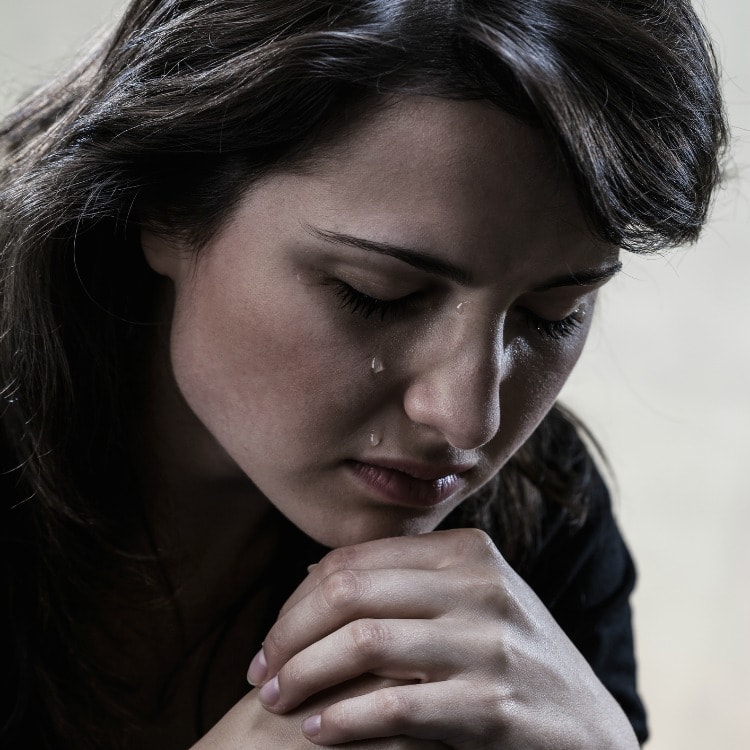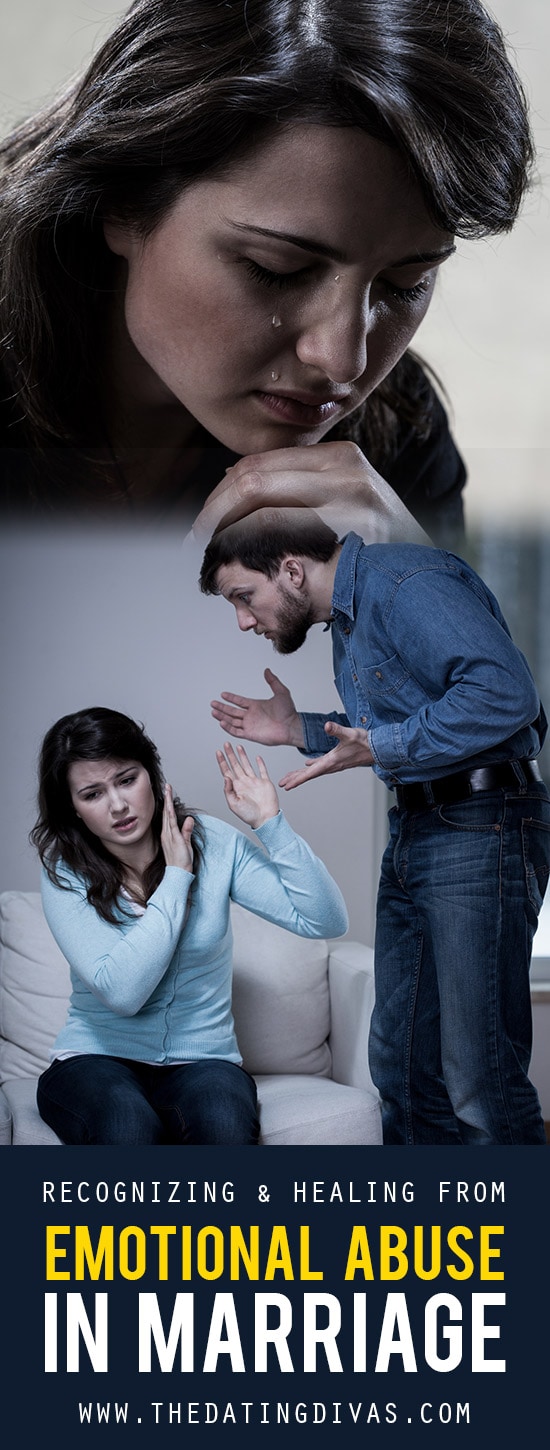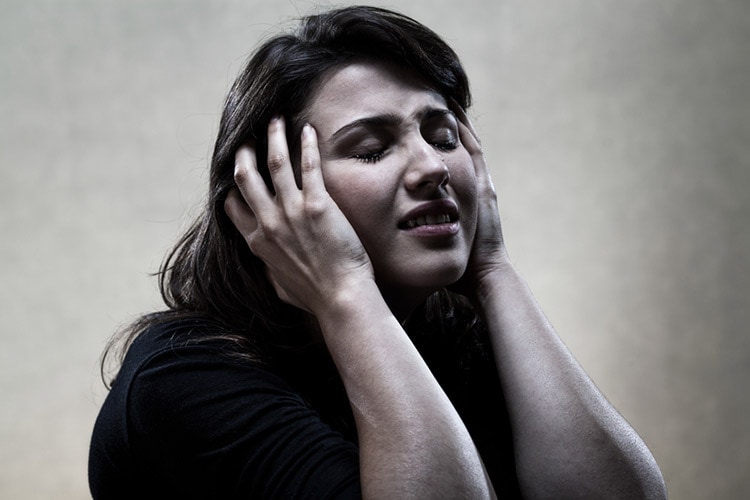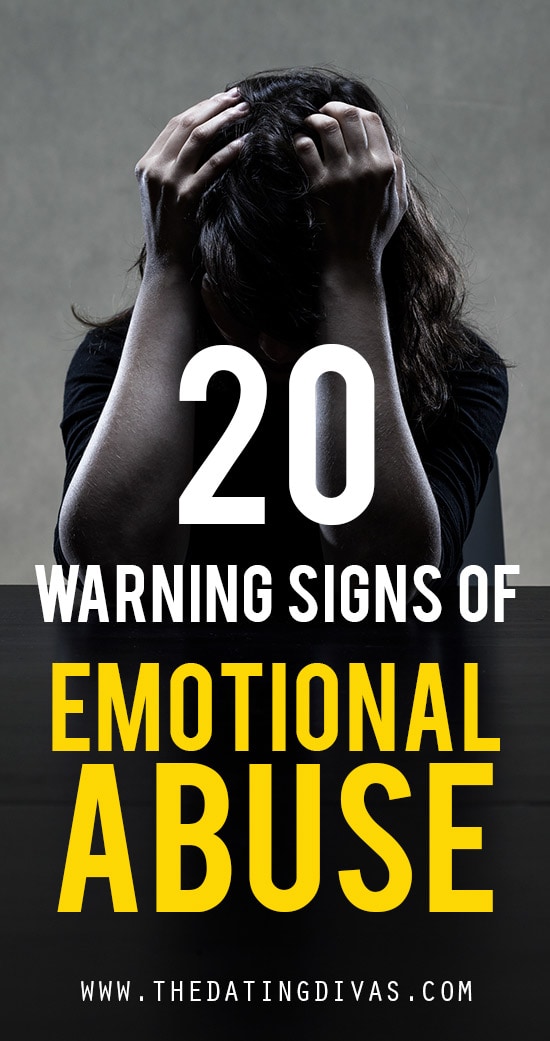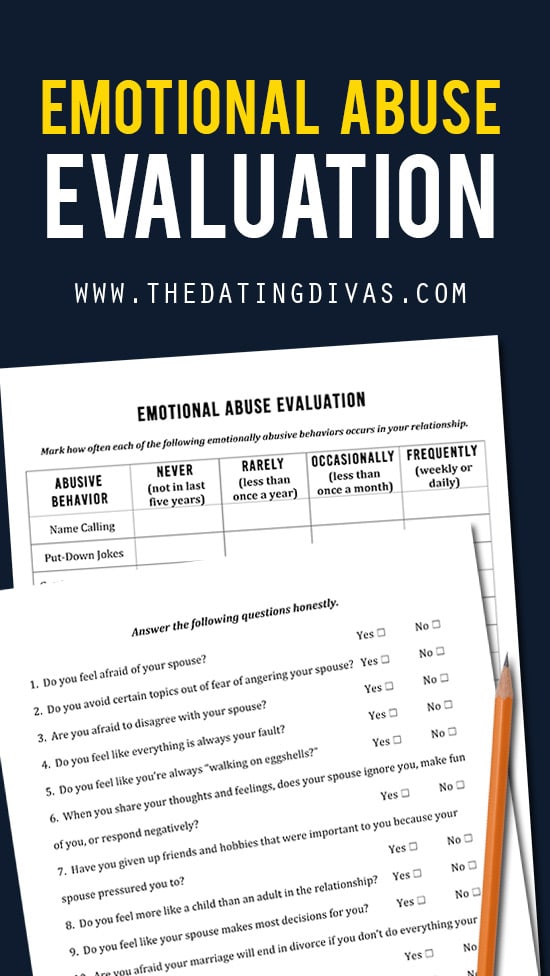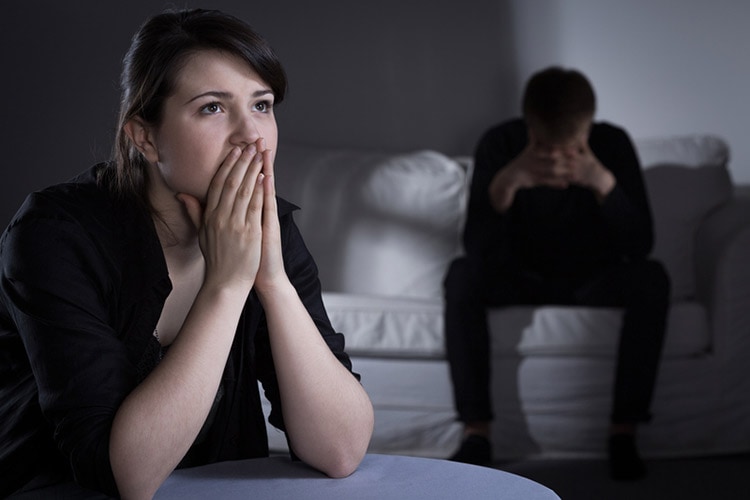Recognizing & Healing from Emotional Abuse in Marriage One of the things we love most about doing what we do is that we get to hear from you, our readers. We love getting your emails and hearing how real couples are improving, strengthening, and even saving their marriages. There’s just something so incredibly fulfilling about being even a small part of that. On the flip side, we also receive heart-breaking messages from husbands and wives who are struggling and suffering and desperate for help and advice. (In fact, it’s the whole reason why we created our Reclaim Your Marriage Program.) Recently, we’ve noticed more and more stories and questions from readers with signs of emotional abuse.
Disclaimer: This post contains affiliate links. To learn more about ’em, click here. This is a subject that has become especially dear to us, so we decided to write this post to offer support, hope, advice, and to set a few things straight. First and foremost, while we totally support and encourage marriage, it’s important to recognize that the general marriage advice we give on our website is for couples in healthy, safe relationships. Once physical or emotional abuse is involved, it’s a different ball game. As Sheila Wray Gregoire says, “In many emotionally destructive marriages, [spouses] have spent years reading marriage books on how to make their marriages better. They’ve tried everything they can get their hands on – but nothing works, and in fact, things often get worse, because the typical advice doesn’t fit.” That’s so important to understand. Typical marriage advice doesn’t fit or apply to abusive relationships. I love the way that Leslie Vernick puts it in her book, The Emotionally Destructive Marriage: We often talk about being more selfless and giving in marriage. You’ve heard us say that marriage is not about making yourself happy; it’s about making your spouse happy. We advise husbands and wives to work on improving themselves, not changing their spouse. We’ve encouraged couples to focus on forgiveness and not fairness. We’ve even told you to respond with love when you think “it’s not fair” or “I don’t deserve this.” Now all of this is still great marriage advice for a healthy, safe marriage. (Especially in the entitlement era that we live in.) However, it can be greatly misconstrued and even damaging and destroying to a spouse in an emotionally abusive relationship. Simply being more giving and loving and understanding can enable an abuser; solidifying their dominance and self-centeredness.
The problem, we’ve found, is that many people don’t recognize when they are in an emotionally abusive relationship. It’s so important to recognize that someone does not have to touch you to abuse you. We’ve all heard the saying, “sticks and stones may break my bones but words will never hurt me.” It’s a lie! We don’t have to hit to hurt. Emotional abuse often leaves bruises and scars on the soul that last a lifetime. Luckily, there is help and hope. The first step is to determine whether or not you are in an emotionally abusive relationship. As we’ve researched and studied this topic, we’ve spoken with couples who have gone through emotional abuse in their own marriages and asked them how they identified the problem. The same warning signs seemed to come up in almost every answer. Please read through the 20 warning signs below and honestly ask yourself if they apply to your partner. (Keep in mind that we’re not talking about one behavior, one time. Everyone makes mistakes. We’re talking about a regular pattern of consistent behavior. If you always feel like you have to “walk on egg shells” around your spouse, that’s a big red flag.)
20 Warning Signs of Emotional Abuse Ask yourself if your partner…. If you found yourself nodding “yes” to most of those, we highly recommend that you take our “Emotional Abuse Evaluation” at the bottom of this post. As you fill out the evaluation, take careful, personal note of how many you are answering “yes” to and how often these are occurring. Only you can truly know if you’re being abused and once you’ve completed the evaluation, carefully examine what you see in front of you and determine for yourself. (NOTE: This is also a great self-evaluation tool for abusers to use to recognize the patterns of their behaviors when they express a desire to change.)
Remember, it’s important to be completely honest with yourself when filling this out so that you can stop the abuse and heal. If you’ve been denying, minimizing, excusing, and hiding the abuse this can be a hard and scary step – but please know it’s worth it! What Now? If you are in an emotionally destructive marriage, please know that you are not alone, and that there is hope and help available. While it is true that many emotionally abusive marriages lead to divorce, it is also true that many couples have been able to heal their marriages. Every marriage and situation is unique, and the decision to leave or stay should never be made lightly. (If you are religious like me, this is most definitely a matter to take to God.)
What Can You Do? More Resources
For Christian readers, we highly recommend reading Leslie Vernick’s book: The Emotionally Destructive Marriage: How to Find Your Voice and Reclaim Your Hope. Leslie has decades of counseling experience but we love that her advice is also biblically-based. You may also be interested in To Love, Honor and Vacuum’s post, “Ten Truths About Emotionally Destructive Marriages.” Focus on the Family also has a whole series about Understanding Emotional Abuse that is well worth the read.
